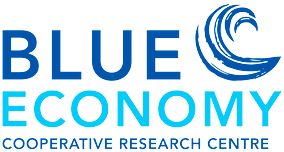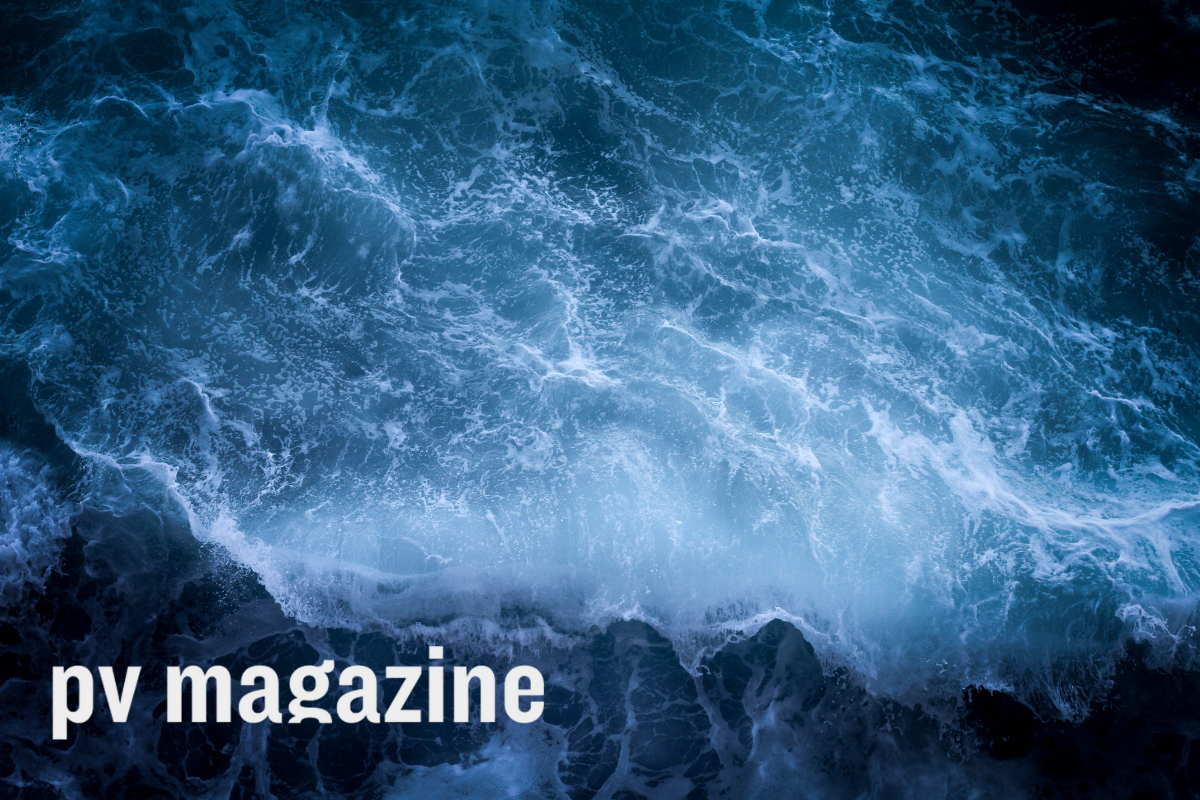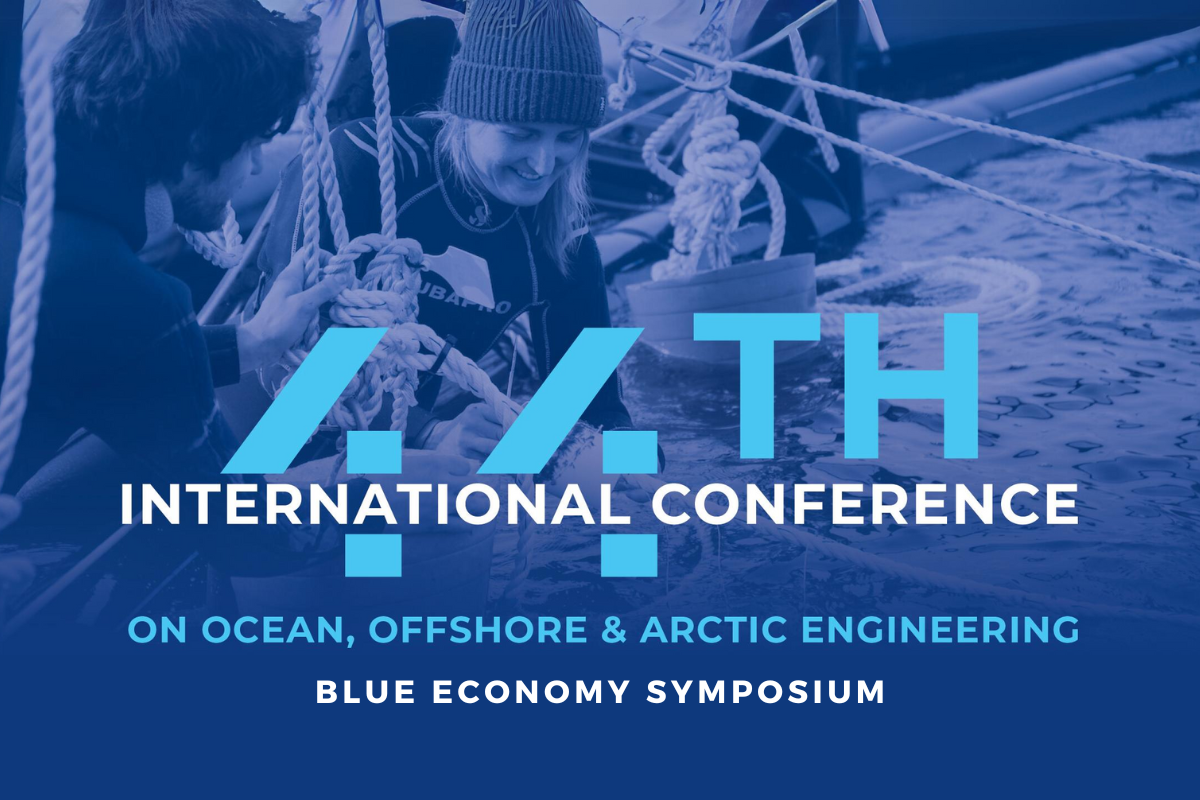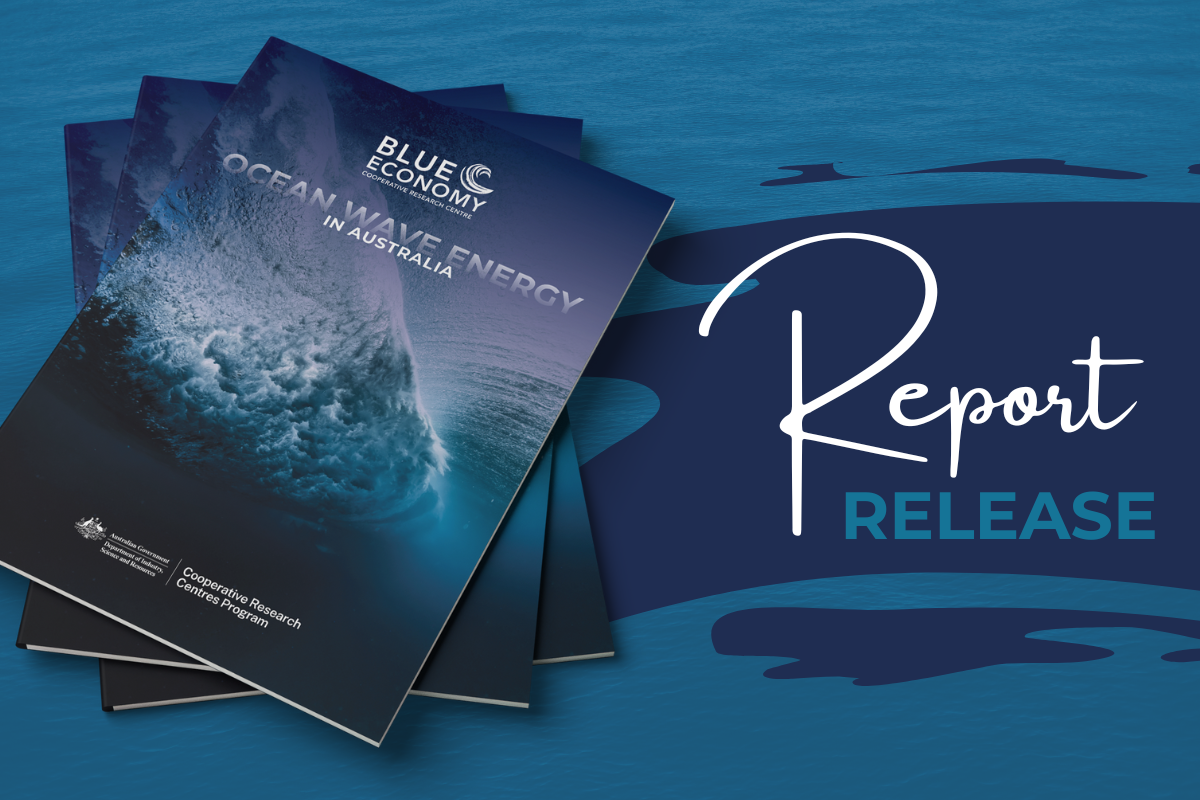by Blue Economy Chair, Mr Greg Johannes
The purpose of this symposium has been to learn about research, development and future best practice for sustainable aquaculture in offshore environments.
The Blue Economy CRC’s approach to hosting this has always been about enabling participants to listen to and learn from others – and particularly from the insights of the overseas aquaculture research community – with a focus on ‘what could be’ in the future.
That’s why you haven’t heard us talk too much about ourselves or our research.
We’ll actually be spending the next two days doing just that with our participants.
And we’re always happy to talk to people who are interested in what we’re doing… that’s why all of our board members and most of our senior management and research leadership team have been around the past few days.
Being here has also given all of us the opportunity to learn, listen and reflect. I think the context for the discussions has really been shaped by at least four key factors.
Firstly, more than 90% of the world’s wild-caught fisheries are fished at or beyond their sustainable limits, but the world’s demand for sea-food is continuing to grow. Aquaculture must and will be part of the solution.
Secondly, the climate in which we’ve traditionally done much of our aquaculture is changing. Our waters are getting warmer, and higher, and holding less oxygen, and becoming more acidic. So while aquaculture must be part of the solution to the food challenge, the areas in which it’s traditionally been done – on land and in the water – are changing, sometimes quite dramatically.
Thirdly, multinational institutions and nation states are increasing their focus on the oceans, and on the science that will inform their sustainable use. This will create real opportunity and support a big and broad discussion about our shared vision for the future, and it will bring renewed scrutiny.
And fourthly, the ocean and its future use will be a highly contested space with many people and many communities and many interest groups in many areas expressing the strongest of sometimes very different views.
Our focus at this symposium has been on the opportunities offshore. But it’s clear that onshore, coastal, offshore and based on what we heard earlier today, maybe even in-shore RAS systems will all have a role in future.
I think it was David White from Biomar who reminded us yesterday that the key to identifying the best mix will include putting the right species, in the right location, the right way, supported by the right science.
A fundamental part of this will be a deep, open, respectful and ongoing engagement about the future with the many communities who want to and should have a voice.
This forum has really concentrated on the science and research that’s happening into the future of the salmon industry, and some of the key industry trends, with a particular emphasis on what’s happening overseas and a clear focus on the offshore environment.
But as I said yesterday, that science and research will just be a necessary, but by no means a sufficient, condition for any move into the blue.
There are many communities with a passionate interest in the future of our offshore waters. From our First Nations custodians of sea country and local communities on our coastlines to the industries like wild-caught fishing that are already active out there and the renewable energy developers who see opportunity in the waves, all will have an interest in any move offshore by aquaculture.
Some will be passionately supportive, some will be passionately opposed. Some will wait and see. But all will need a voice that is listened to and respected as plans for the future are developed.
The purpose of this symposium wasn’t to provide the vehicle for all of those communities to have a voice, but the importance of that happening in future has been a key theme here and one that we will be putting back clearly to Government when we report to them on the outcomes of the symposium.
And at the Blue Economy CRC, we’ve heard that message too. We’ve always said transparency needed to be one of our key principles, and that our research into issues like regulation and social licence is just as important as our research into technology and engineering.
But we also know we can always do better in this space. So we will, and we’ll talk to our participants about how we can support them to be too.






